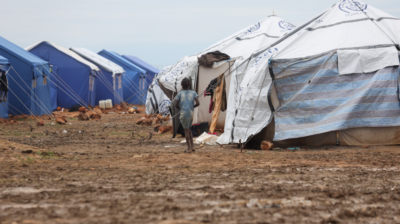Ethics of dreams of sexual and reproductive autonomy, reflections from the Mozambican context
Mozambique is alleged to have one of highest rates of early marital unions, and consequently adolescent pregnancies. Sexual and reproductive health policies to address this have included legislation against early marital unions, information campaigns targeting adolescents about their sexual health and rights and free contraceptives distributed in public clinics and by mobile teams in schools. Campaigns aim to increase girls’ knowledge and autonomy in their sexual and reproductive health. Despite a consistent decrease since the 1990s, adolescent fertility rate remains well above the African average.
Based on research conducted for over two decades, I argue that while well intentioned and supposedly pro women, most of these policies have done little to increase girls’ and women’s sexual and reproductive autonomy. In many cases their subordination to their families, parents, or husbands moved to the state. The narrative behind the policies recognizes the role of norms, education, and socio-economic status but implementation does little to change the structural aspects that decrease women’s autonomy. The Mozambican state is more vested in improving its sustainable development goal indicators, then women’s actual autonomy.
Taking into account Chadwick and Jace Mavuso’s (2021) concept of reproductive violence, instances that should improve women’s reproductive autonomy, instead meet the threshold of reproductive violence. These include, for example applying of contraceptive implants immediately after delivery, with dubious consent. Or advise against a woman’s decision to abort, under the guise of counseling. Both raise the ethical question of whether individual women’s autonomy is being sacrificed in the name global indicators.
https://www.theasa.org/conferences/asa2023/







